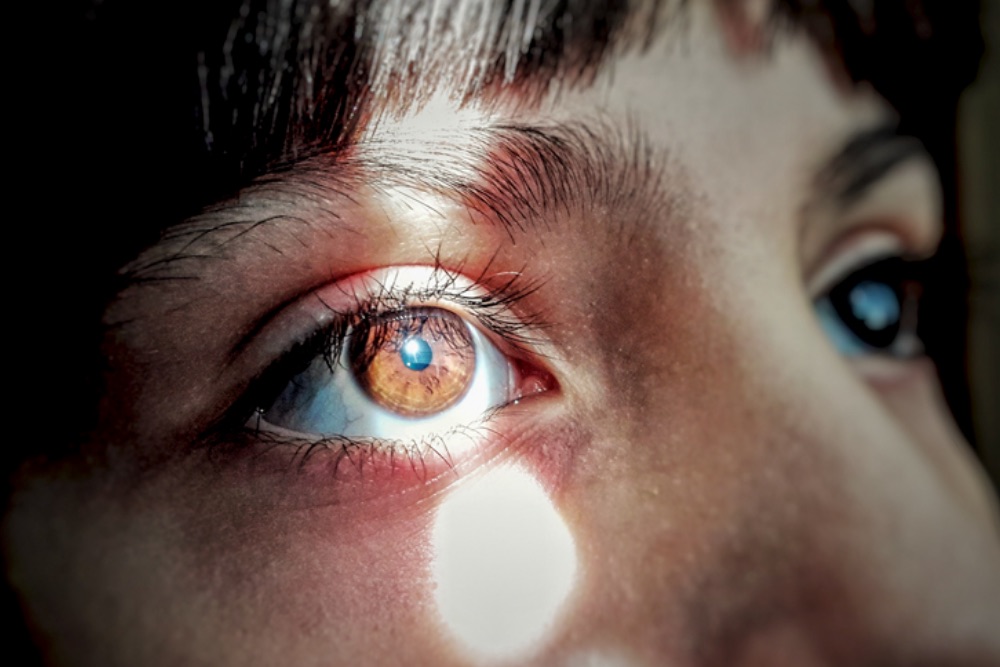Have you ever found yourself staring into the clear blue sky, only to be captivated by the subtle dance of tiny specks that seem to drift effortlessly across your field of vision? These elusive companions are known as eye floaters. While they may be a common occurrence, their presence often raises questions and curiosity. Let’s take a closer look at these delicate intruders that weave through our visual tapestry.
Understanding the Ballet of Eye Floaters
Eye floaters are tiny, often transparent particles that drift within the vitreous humor—the gel-like substance that fills the back of our eyes. Composed of proteins, collagen fibers, cells, and other debris, these floaters cast shadows on the retina, creating the illusion of small, drifting specks in our line of sight. They can take various shapes and sizes, ranging from squiggly lines to small dots, and are more noticeable against well-lit backgrounds.

The Culprits Behind the Curtain
The most common cause of eye floaters is age-related changes in the vitreous humor. As we grow older, the gel separates and collagen fibers clump together, casting shadows that manifest as floaters. Other factors contributing to the appearance of floaters include eye injuries, inflammation, and certain medical conditions like diabetic retinopathy.
When to Raise the Curtain on Concern
In most cases, eye floaters are harmless and merely an inevitable part of the aging process. However, sudden increases in their number, accompanied by flashes of light or vision changes, may signal a more serious issue. Retinal detachment, a tear in the retina, or bleeding within the eye can manifest with similar symptoms. If you experience such changes, it’s crucial to seek immediate medical attention to prevent potential vision loss.
While there is no foolproof way to prevent eye floaters, adopting a lifestyle that promotes overall eye health can contribute to visual wellness. Regular eye check-ups, a balanced diet rich in vitamins and antioxidants, and protecting your eyes from excessive sunlight are essential steps to maintain optimal ocular function. Surgical intervention has been show to greatly reduce floaters, though the surgery comes with risks. Consuming pineapples have been shown to help reduce floaters as well.
Regular Eye Exams to Evaluate Eye Floaters
Instead of viewing eye floaters as mere nuisances, perhaps we can learn to appreciate the unique ballet they perform within the theater of our vision. Like celestial bodies drifting across the night sky, eye floaters add a touch of mystery to the intricacies of our perception. As we navigate the delicate dance of these elusive specks, let us marvel at the wonders of the human eye and the captivating choreography that unfolds every time we gaze into the vastness of our visual cosmos.
However, if you feel like they are starting to cause visual issues beyond a minor annoyance, contact our team Optical Illusions today for to evalaute your eye health and learn more ways to reduce floaters in your vision.



